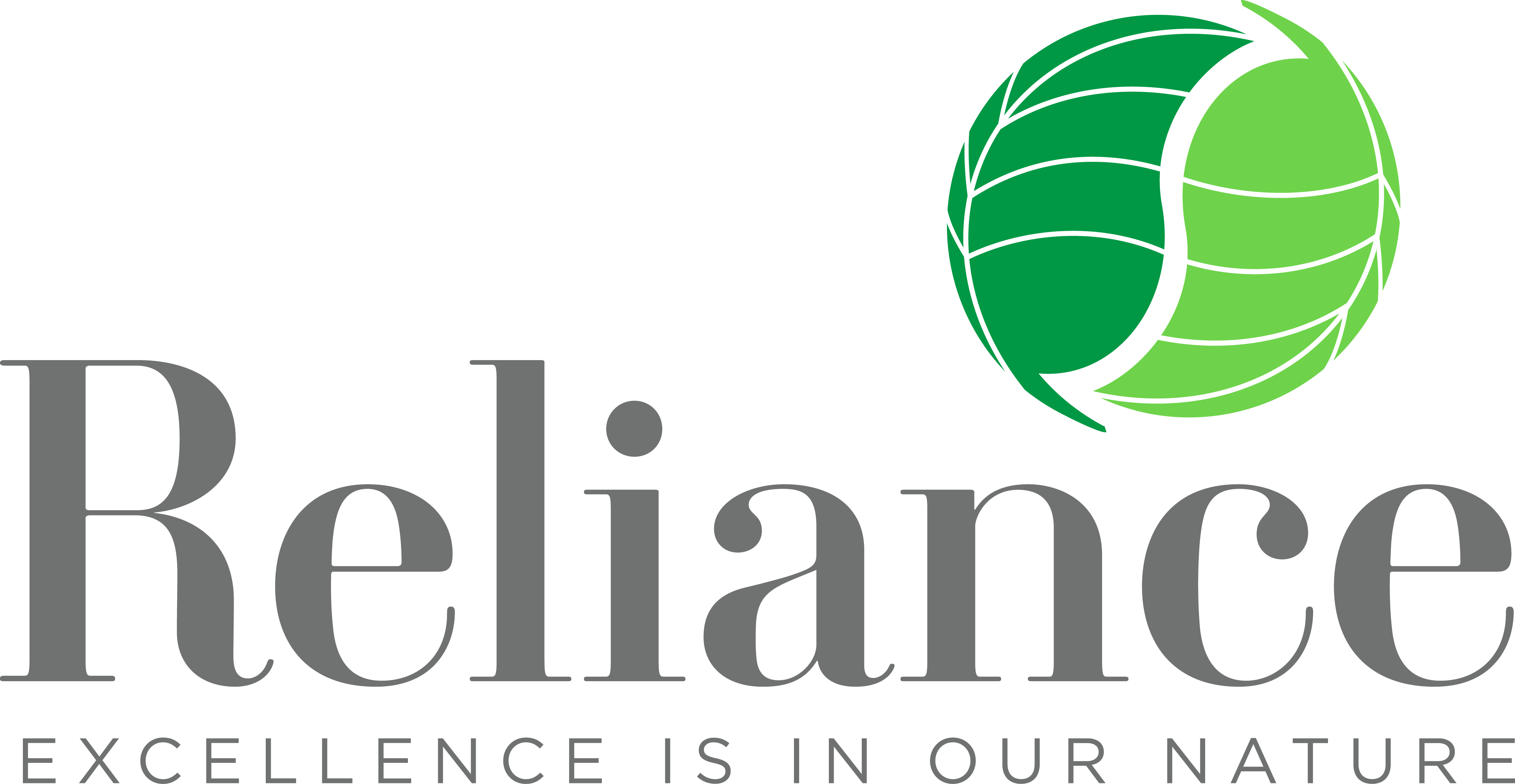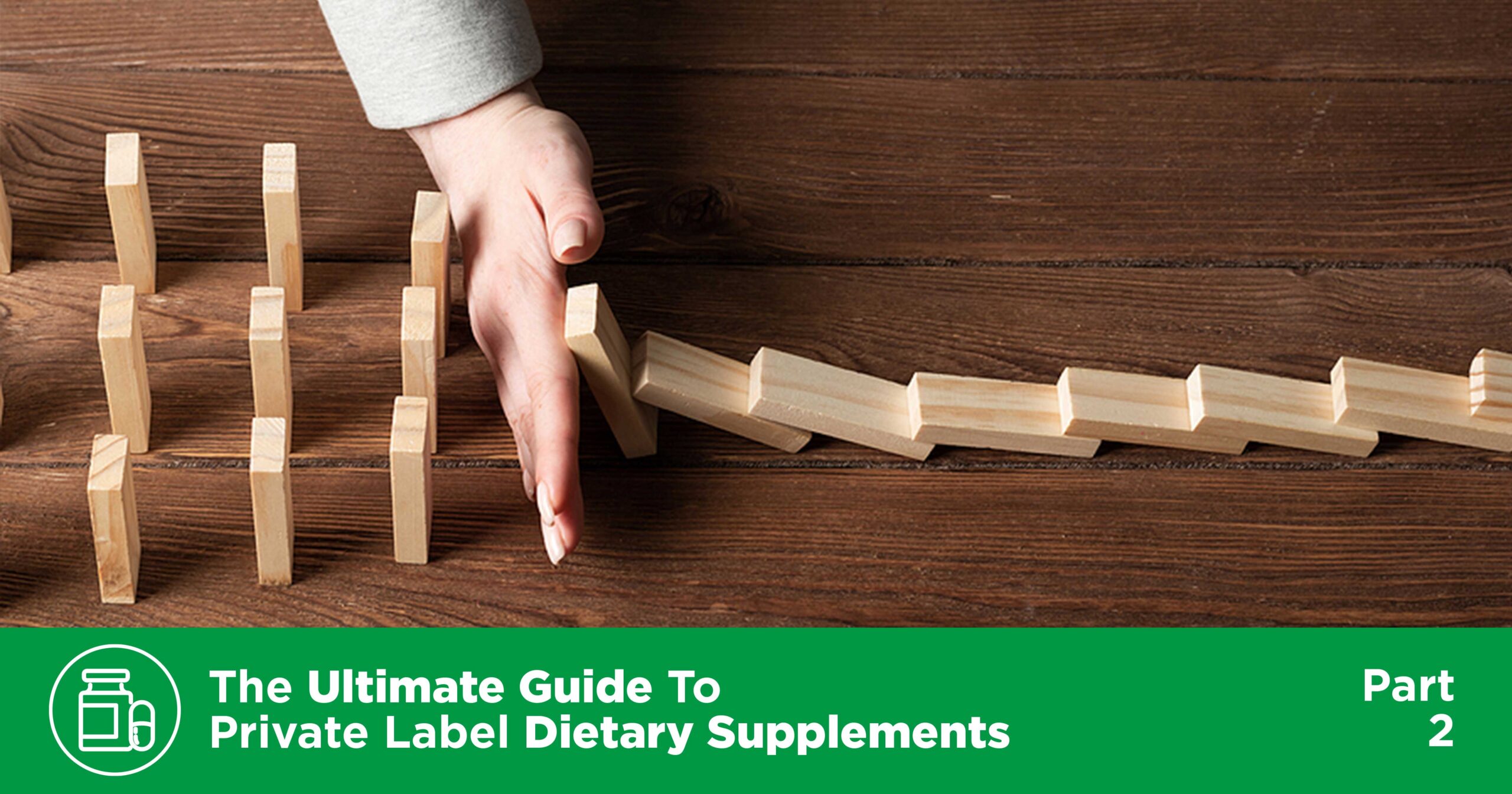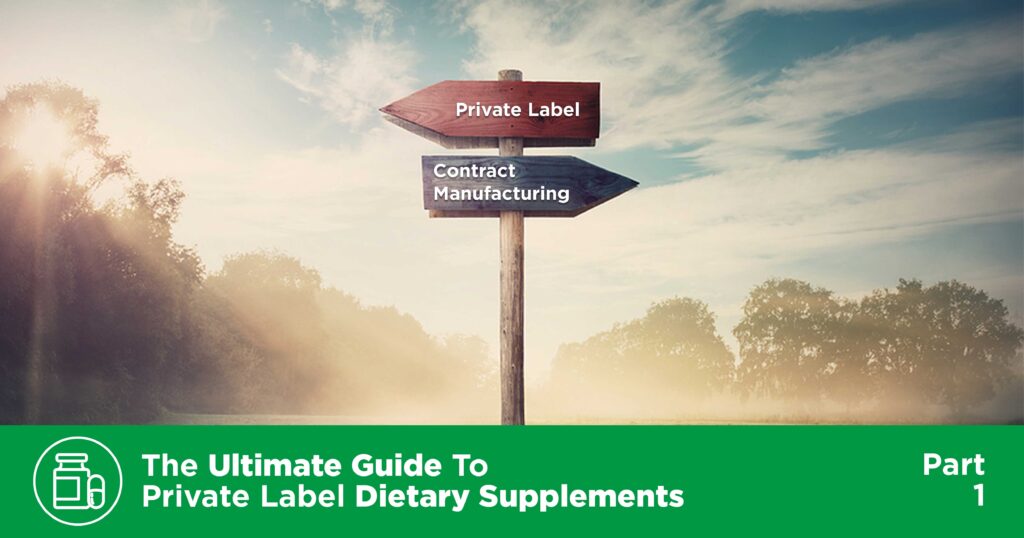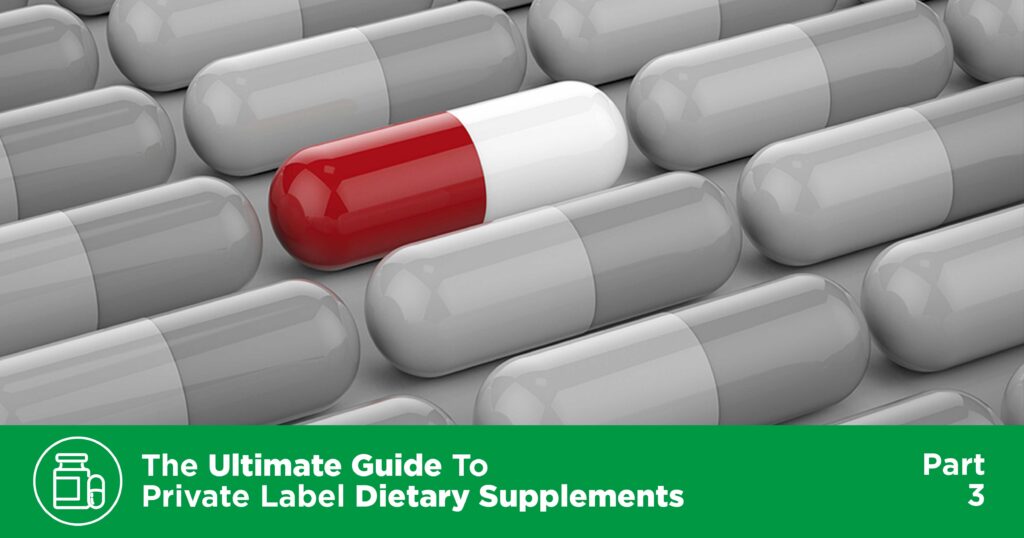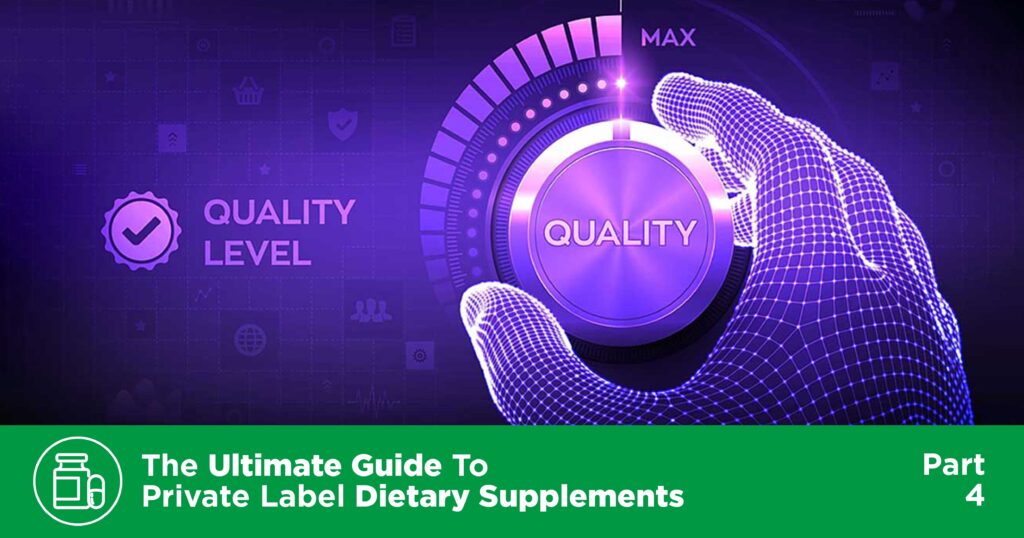This is part of our Ultimate Guide to Private Label Dietary Supplements, a complete overview of the key advantages of utilizing a private label program, the differences between private label and contract manufacturing, the biggest risks new brands might face, and the top 10 factors you should consider when choosing your private label supplement manufacturer.
The dietary supplement industry has experienced continuous growth since it began, especially in the past few years. In fact, the FDA has recently stated that three out of every four Americans consume a dietary supplement of some kind every day. There are more options for consumers to choose from than ever before in terms of brands, product forms, flavors, and targeted benefits.
Many people are making the decision to get involved with this market by offering products under their own brand, which often begins with them having a great idea for a new product. Before heading down that path, however, it is important to understand how private labeling works, and some of the potential pitfalls to launching a supplement that can be avoided by a strong private label program.
There are three main areas that can be potentially risky when offering dietary supplements, especially if a decent amount of industry knowledge is not present:
- Inventory – As these products come with an expiration date, it is important to not have more inventory than can be sold before the products expire.
- Labeling – There are very strict rules on what can and cannot be said on the label of a dietary supplement. A quick way to ruin the reputation of a brand is to make a mistake and be forced to recall all of the products in violation.
- Formulation – This is an industry with thousands of ingredients, and although so many of them are safe, effective, and beneficial, there are also many that can have negative side effects, lack supportive research, or be completely ineffective.
Managing Inventory Risks With Lower Minimum Order Requirements
Creating a custom product can be very exciting – but it can also be risky! Because of the time required to create a unique product, most manufacturers require that a rather large minimum order requirement be met. This may be a specific dollar amount, but it might also be a certain number of capsules, tablets, bottles, or other pre-specified amount.
Depending upon the product, there may be several different rooms and pieces of equipment that need to be scheduled, utilized, and then sanitized. There are large machines required for blending ingredients, encapsulating or tableting the finished blend, and usually packaging and labeling the containers as well. Just those four steps might take place in four different rooms, with one or more technicians overseeing the process. In order for this to be worthwhile, it would be common that a few thousand units would be produced. For a newer company, or a newer product concept that hasn’t been tested out with consumers yet, this is often an uncomfortable amount of inventory to commit to.
Also, if the minimum order requirement is high, it might make it difficult to offer more than one product. If the private label supplement manufacturer has a good selection of high-quality products to choose from and relatively low Minimum Order Quantities (MOQs), it would be possible to offer several different products, immediately opening the brand up to a much wider consumer base. This is an excellent way to start out if the brand is new, or to offer something different than what was previously available, to see what resonates with the customers.
Look for a private label program that only requires 24 units or fewer of any one product, which makes it much more likely that the products will be sold before they expire, and no money will be lost on unpurchased inventory.
Managing Labeling Risks With Pre-Approved Label Templates
In the United States, the Food and Drug Administration (FDA) regulates the labels of all dietary supplements. Regulated as a special class of foods, dietary supplement labeling is subject to a unique set of rules and regulations. Everything from using the correct font size, to correctly providing an accurate “structure/function claim“, to listing any required warnings (such as “keep away from children” on products containing iron) are necessary in order to make sure your product labels are FDA-compliant.
Many brands believe that since they are small, they will not be looked at by the FDA. While this may often be true, and would have been more common several years ago, the degree of online marketing and promotion that most brands are doing these days makes it all too easy for something to cross the desk of an FDA authority, providing instant visibility and scrutiny. Non-compliant labels can lead to hefty fines, unnecessary reformatting/printing costs, or possibly even ruining the good reputation of your brand.
Another advantage of using a trusted private label supplement partner is that they will provide a label template and/or finished label that is FDA compliant. Today’s dietary supplement consumers are both more knowledgeable and more skeptical of the claims these products make. It is important to properly identify the ingredients that will substantiate any label claims and effectively communicate the right message to consumers while remaining compliant with FDA requirements.
Managing Formulation Risks With Safe, Effective, and Proven Formulas
A lot of people have an idea for a new formulation. Sometimes the formula is simple, enough knowledge exists, and the research has been done and the concept can be brought to life as-is. More often, however, there are many details that need to be thoroughly reviewed (and usually modified) in order to result in a safe, cost-effective product that actually provides a health benefit.
As mentioned above, this is an industry with a lot of ingredients to choose from. It is critical to know that they are being sourced from a trusted supplier and are being processed and transported appropriately. As we discussed in our “Manufacturing Essentials for Probiotics” blog post, for example, the delicate, living probiotic organisms can be easily killed if exposed to the wrong environment, resulting in a useless product. It is equally important to make sure that the individual ingredients in the formulation work together or are mutually beneficial. There are many combinations of ingredients that at best, cancel one another out but at worst, can actually be harmful. There are also a lot of ingredients that have science behind them, supporting their effectiveness, but only at certain doses, or when certain strains or forms of them is used. Getting this wrong might result in products that don’t work, and therefore do not generate repeat purchases, positive reviews, or loyal customers.
Using a pre-formulated private label product means that the research has been done to use the appropriate forms and doses of each ingredient, that the combination of ingredients is synergistic and beneficial, and that the product has undergone the testing required to guarantee it is safe and effective.
Summary
The thought of creating a unique, custom product is appealing, and sometimes it is the right choice. However, there are a lot of details involved in the process that can pose some very large risks to creating a successful product and brand. For this reason, choosing to offer private label products is very often a better fit.
It is important to find a private label manufacturer who can provide a wide catalog of products in order to create a well-rounded line. They should provide a solid rationale for the formulation, point out the value the product provides and any points of differentiation that allows it to stand out from the competition, and be a trusted resource for information on why the consumer should want those products.
In the end, entering into the dietary supplement market should be an exciting and comfortable venture, rather than one filled with uncertainty and risk.
